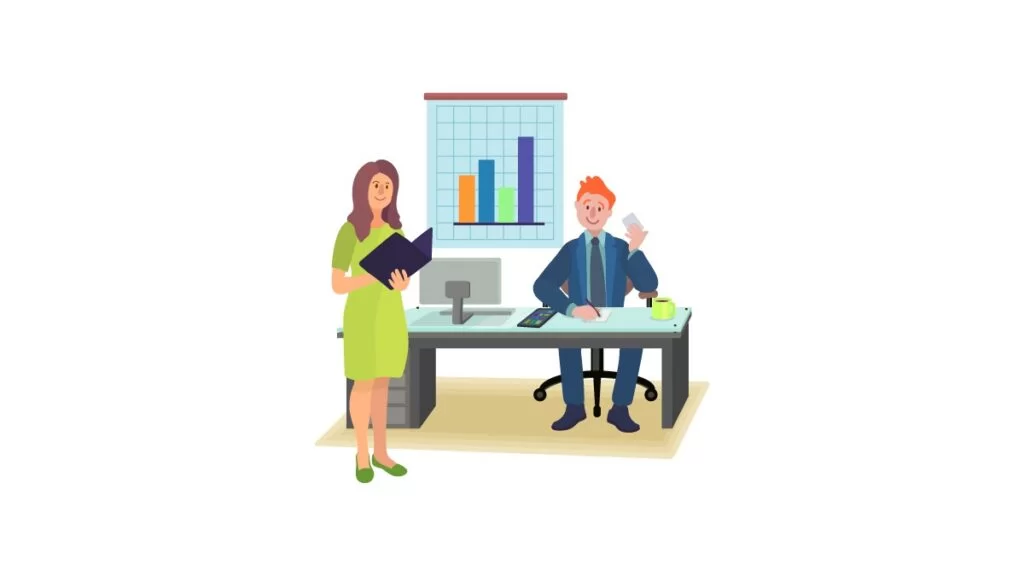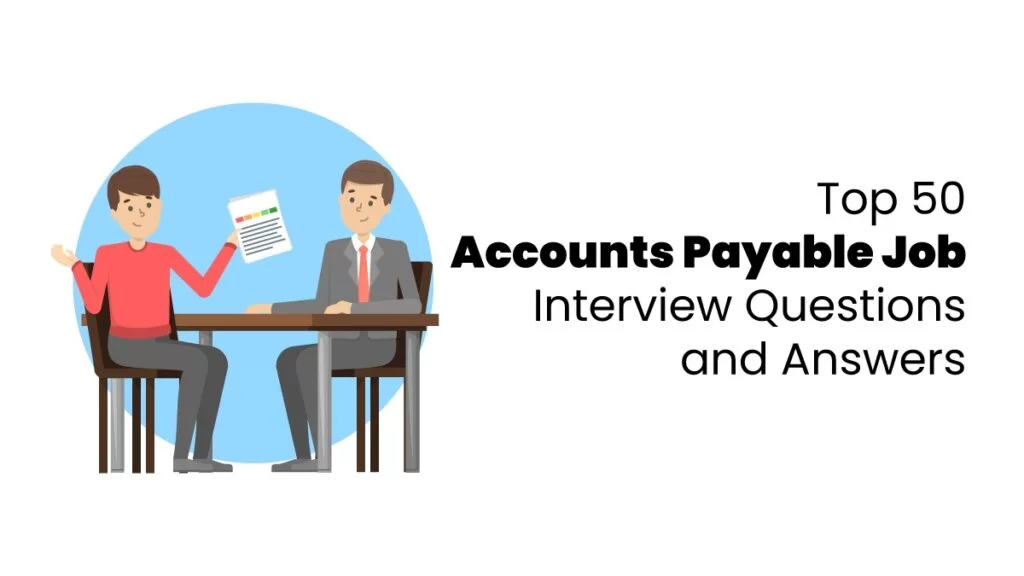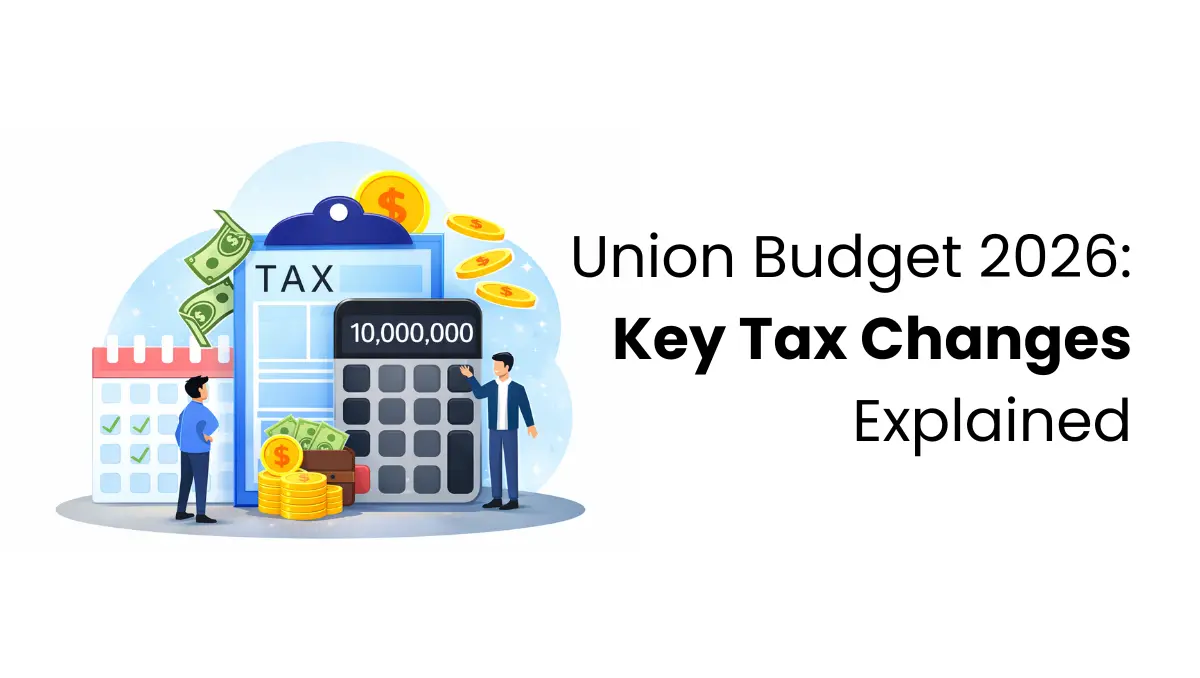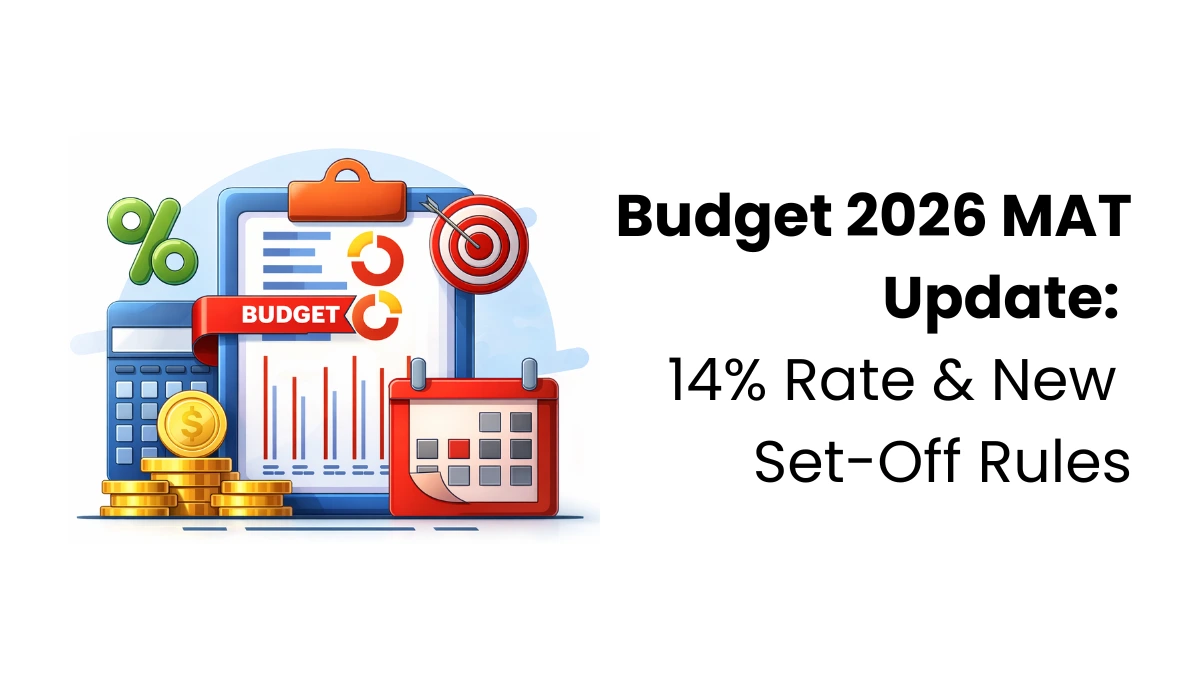Are you worried about accounts payable interview questions?. First, stay calm. Don’t take too much tension before the interview. With preparation of the Top 50 Accounts Payable Job Interview Questions and Answers, you can do well. Many people ask about common accounts payable interview questions. Let’s get started!
50 Accounts Payable Job Interview Questions and Answers
Let’s read about top 50 Accounts Payable Job Interview Questions and Answers;
1. What are Accounts Payable?
Accounts payable is the money a company needs to pay to vendors for goods or services bought on credit. It is a liability and must be paid later. This amount is recorded in the balance sheet for the financial year, which starts on April 1st and ends on March 31st.
2. When is the Payable Amount Paid?
The payable amount is usually paid in the next month or the next financial year. It is recorded in the balance sheet of the current year.
3. What is the Full Form of WCC?
WCC stands for Winter Compensation from Contributions. It can also help increase brand value.
4. What is the Difference Between Accounts Payable and Accounts Receivable?
This is a common question in accounts payable interviews. Here’s how you can answer:
- Accounts Payable is the money a company has to pay for goods or services bought on credit. It is a liability.
- Accounts Receivable is the money a company will receive from customers who bought goods or services on credit. It is income.
Usually, accounts payable are on the debit side, and accounts receivable are on the credit side in financial records. Joining accounting courses online helps learners gain the right knowledge to understand this properly.
5. Who is a Consignor, and What is the Relationship with a Consignee?
- The consignor is the owner of the goods and sends them to someone else.
- The consignee receives the goods but is not the owner. They hold or sell the goods for the consignor.
6. What Expenses Does a Seller Pay from Buying to Delivering a Product?
A seller pays for these costs when selling a product:
- Storage costs
- Advertising costs
- Transport costs
- Maintenance costs
The seller is responsible for these expenses.
7. What Are the Different Types of Accounting?
There are different types of accounting, such as:
- Tax Accounting
- Administrative Accounting
- Cost Accounting
- Management Accounting
- Financial Accounting
8. What is an Invoice, and Why is an Invoice Number Important?
An invoice is a bill the seller gives to the buyer. It shows what was sold, the price, and the total amount to pay. It also includes payment details.
An invoice usually has:
- Invoice number (for tracking)
- Date
- Seller’s and buyer’s names & addresses
- Details of products or services
- Quantity and price
- Total amount
The invoice number helps keep records clear and makes tracking payments easy.
9. What Does Accounts Payable Do?
Accounts payable mainly focus on the work of payments for goods and services which the company buys. They check bills, process invoices, and make sure suppliers get paid on time.
10. What Does Accounts Receivable Do?
Accounts receivable collects money from customers. They track unpaid invoices and make sure the company gets paid for its sales.
11. Who is an Accounts Payable Processor?
An accounts payable processor works under the accounts payable manager. They manage payments, process checks, and handle refunds.
12. What Does an Accounts Payable Processor Do?
They make payments to suppliers and employees, prepare checks, and schedule payments for the company.
13. How to Handle the Accounts Payable Process?
This is an important question in accounts payable interviews. You can follow these simple steps:
- Keep all invoice payments in one place to make tracking easier.
- Check and track all due payments to avoid delays.
- Make sure every payment is approved before paying.
14. What is a PO Invoice?
A Purchase Order (PO) Invoice is a bill sent by a supplier after a company places an official purchase order. It is used when there is a proper process for buying goods or services.
15. What is a Non-PO Invoice?
A Non-PO Invoice is used when a company buys something without a purchase order. It is also called an expense invoice and is used for unplanned expenses.
16. What is 3-Way Matching in Accounts Payable?
3-way matching is a method to check if a payment is correct. It compares three things:
- Purchase order (PO) – What was ordered
- Invoice – What was billed
- Receiving report – What was received
This helps to make sure that the company only pays for what was ordered and received.
17. What is the P2P Cycle?
P2P stands for Purchase to Pay or Procure to Pay. It is the process of:
- Ordering goods or services
- Receiving them
- Paying for them
- Recording the payment in accounts
It includes everything from buying to payment.
18. What is Accounts Payable Invoice Processing?
Invoice processing means handling bills from vendors. Vendors send their invoices to the accounts payable team, who check and match them with purchase orders before making the payment.
19. What is the Full Form of GRN?
GRN means Goods Receipt Note. It is a paper that confirms a company has received the goods it ordered.
20. What is a GL Code in Accounts Payable?
GL Code means General Ledger Code. It helps record and track all money transactions in a company.
21. What Does an Accounts Payable Specialist Do?
An Accounts Payable Specialist checks company bills and invoices to make sure they are correct. They also help prevent mistakes and fraud in payments.
22. What is the Difference Between Accounts Payable and an Accounts Payable Specialist?
- Accounts Payable is the money a company has to pay to vendors.
- An Accounts Payable Specialist is the person who manages and checks payments to make sure they are correct.
23. What Skills Should an Accounts Payable Specialist Have?
An Accounts Payable Specialist needs some important skills to do their job well. These include:
- Accuracy – Making sure all numbers and details are correct.
- Paying attention to details – Checking invoices and payments carefully.
- Being organized – Keeping records and documents in order.
- Keeping information private – Not sharing company financial details.
- Being loyal – Being honest and committed to the company.

24. How Do You Handle Payment Deadlines?
Make sure to meet payment deadlines by planning my tasks well. And, manage time, stay focused under pressure, and work with the team to complete payments on time.
25. What Does an Accounts Payable Specialist Do in Verification?
Checking and verifying records is an important job for an accounts payable specialist. They need to make sure that all payments are correct and made on time.
26. What Is the Full Process of Accounts Payable?
The process includes:
- Collecting data
- Matching invoices with the correct accounts
- Assigning costs to the right category
27. Why Are Accounts Payable Not Always Expenses?
Accounts payable are not always expenses because they are short-term debts. This means the company owes money for goods or services received but has not paid yet.
28. What Does SOX Mean in Accounting?
SOX stands for Sarbanes-Oxley Act. It is a law that makes sure financial reports are correct and honest.
29. What Are the Types of Assets?
There are two types of assets:
- Fixed assets – Things like buildings and machines that a company keeps for a long time.
- Current assets – Things like cash and stock that a company uses quickly.
Both types are important in managing payments.
30. What Are the Accounting Names for Receivables and Payables?
In accounting:
- Receivables (money owed to the company) are called debit.
- Payables (money the company owes) are called credit.
These terms are important in accounts payable work.
31. What Is the Difference Between Billing and Non-Billing Expenses?
- Billing expenses – Costs for products or services that the company charges customers.
- Non-billing expenses – Costs the company pays but cannot charge to customers, like office rent or employee salaries.
32. How Do You Calculate Liabilities in a Financial Statement?
Liabilities are all the money a company owes. To find them, add up:
- Loans
- Accounts payable (money the company needs to pay)
- Accrued expenses (unpaid bills)
33. What Are the Main Parts of an Invoice?
An invoice includes:
- Details of the sender and receiver
- List of products or services
- Quantity and price
- Payment terms
- Invoice number
34. What Are the Types of Assets in a Company?
There are two types of assets:
- Tangible assets – Things you can touch, like machines and tools.
- Intangible assets – Things you cannot touch, like patents and trademarks.
Both help the company grow.
35. How Do You Make Sure Invoices and Payments Are Correct?
To avoid mistakes:
- Check all details carefully
- Match invoices with purchase orders and receipts
- Follow company rules
36. What Are the Three Steps in Matching in Accounts Payable?
The three steps are:
- Check the purchase order – See what was ordered.
- Match the invoice – Make sure the bill is correct.
- Check the receipt – Confirm the company got the goods or service.
This helps make sure the amount, price, and details are right before paying.
37. How Do You Fix Differences in Purchase Orders, Invoices, and Receipts?
If there is a mistake:
- Find out what went wrong.
- Talk to the supplier or the team to fix it.
- Solve the issue quickly so payments are correct.
38. What Are the Steps in the Accounts Payable Process?
- Get the invoice – Receive the bill.
- Approve it – Check if it is correct.
- Match details – Make sure it matches the order.
- Pay the bill – Send payment to the supplier.
- Keep records – Save payment details for future use.
39. How Do You Handle Supplier Questions and Payment Issues?
- Answer supplier questions fast.
- Fix payment problems quickly.
- Keep good communication to maintain a strong relationship.
40. How Can You Improve the Payment Process and Get Discounts?
- Ask for discounts when paying early.
- Plan cash flow to pay on time.
- Use a good system to make payments fast and avoid delays.
This helps save money and keeps suppliers happy.
41. How Do You Stop Paying the Same Invoice Twice?
To avoid double payments:
- Check invoices and match them with orders before paying.
- Have different people approve and process payments.
- Review accounts often to find mistakes.
42. What Is Aging in Accounts Payable, and Why Does It Matter?
Aging shows how long bills have not been paid. It helps by:
- Telling which bills to pay first.
- Helping manage money better.
43. How Do You Process Employee Expense Reports and Reimbursements?
To handle employee expenses:
- Check if expenses follow company rules.
- Get approval before paying.
- Pay employees quickly and correctly.
44. How Do You Keep Vendor Information Correct?
To keep vendor details right:
- Update vendor records often.
- Check for mistakes.
- Make sure information is correct for smooth payments.
45. How Do You Keep Good Relationships with Vendors and Get Better Payment Terms?
- Talk clearly with vendors to build trust.
- Agree on payment terms that help both sides.
- Keep long-term relationships for better deals.
46. Can You Describe Your Experience With Accounting Software & ERP Systems for Accounts Payable?
You should know how to use accounting software and ERP systems for accounts payable. This includes entering data, scheduling payments, matching records, and making reports.
47. What Do You Do for Month-End and Year-End Closing in Accounts Payable?
At the end of the month or year, accounts need to be checked. This includes matching records, preparing reports, and making sure all transactions are correct.
48. How Do You Stop and Find Fraud in Accounts Payable?
Fraud can be stopped by having strong rules, doing regular checks, and dividing tasks among employees. Training staff to notice and report suspicious activities also helps.
49. What Tools or Software Do You Use for Accounts Payable Every Day?
Daily tools include accounting software, systems for handling invoices, and payment management software.
50. What Are the Benefits of the Purchase Order (PO) Process?
The PO process has many benefits, such as:
- Helps keep track of money and stock.
- Ensures money is available before making a purchase.
- Helps suppliers plan and deliver on time.
- A normal PO is for one purchase, while a blanket PO allows multiple purchases within a limit.
These are the Top 50 Accounts Payable Job Interview Questions and Answers that help you to give best answers during the interview process. To prepare better and build your confidence, you can also explore accounting job-oriented courses that cover practical skills and real-time scenarios.










